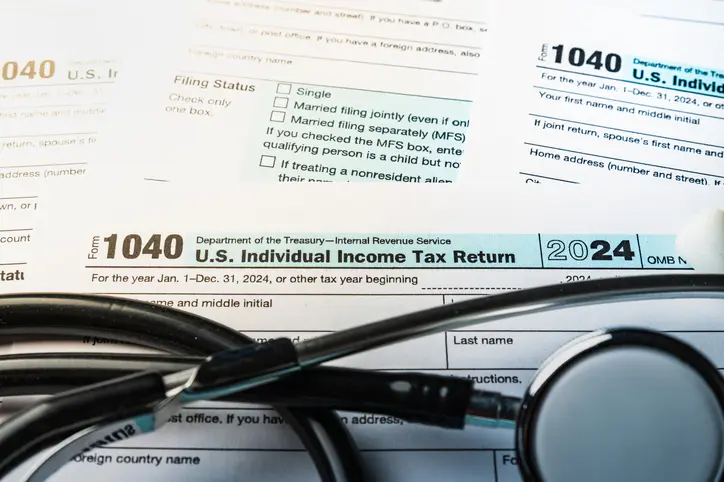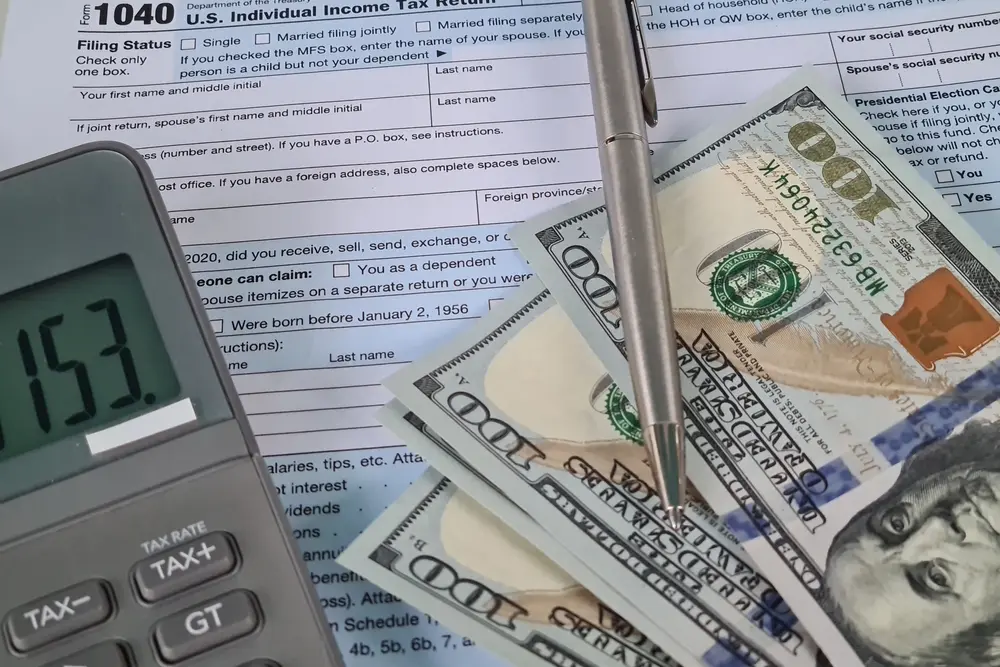The accounting method your business uses to report income for tax purposes, either cash or accrual, can significantly impact your tax bill. While the cash method can offer tax-saving opportunities, the accrual method may in some cases be more appropriate or even required. So review your current method to help ensure you’re using the best method for your business.










